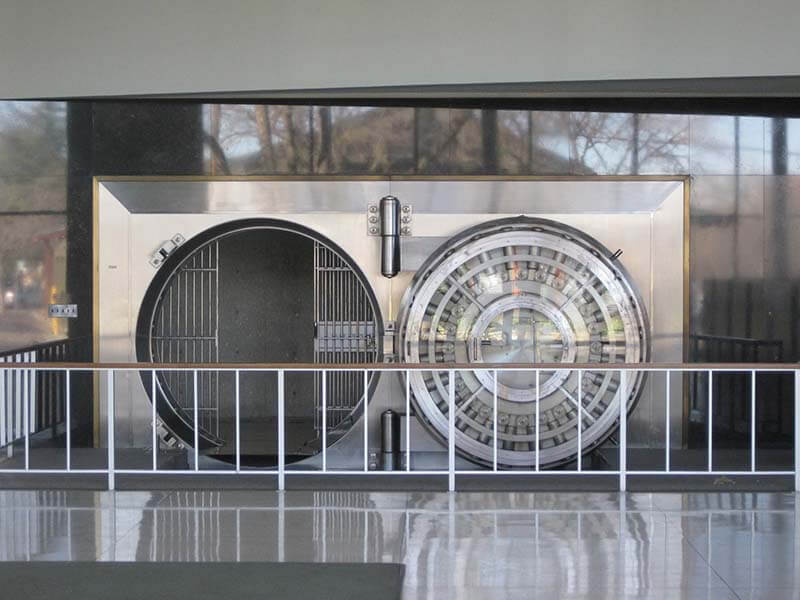InVault recently launched its cryptocurrency custody platform in Hong Kong. The Shanghai-based startup company says it is the first to offer custodial services for digital assets in Hong Kong following newly enacted laws by local financial regulators.
First Cryptocurrency Custodian in Hong Kong
According to the South China Morning Post (SCMP), InVault recently obtained a new trust license for providing fully automated cryptocurrency custody services in Hong Kong. Company founder and CEO, Kenneth Xu said that cryptocurrency asset trustee firms would soon become commonplace in the industry.
In an interview with SCMP, Xu said:
We believe that globally, custodians for cryptocurrency assets will be regulated and operated under a trust license.
Already, InVault is offering its services to some clients in mainland China. The company currently provides custody for about $1 million worth of Ethereum tokens. InVault holds the private keys for the funds in secure physical vaults on behalf of the clients.
The company reportedly has about 40 employees based in Shanghai. It is backed by Matrix Partners China which invested more than $5 million in the business. As part of its custodial service offering, Xu says the company is in talks with a couple of insurers to provide coverage for the funds held in custody.
For Xu, trustees have a critical role to play in the emerging cryptocurrency narrative. With the regulatory landscape becoming more mature and big-money players increasingly attracted to the sector, robust custodial tools become necessary to provide safety and assurance.
In Hong Kong, the Securities and Futures Commission (SFC) is already taking steps towards firming up its cryptocurrency regulatory framework. In October, the Commission mandated that fund managers dealing with cryptocurrencies must utilize licensed custody providers, cryptocurrency exchanges, or develop their custody solutions.
Custodial Tools and Institutional Investors
The need for custodial tools is a common argument of many commentators in the virtual currency space when talking about the entry of institutional investors. In 2018, some companies have already taken steps to capture that part of the market.
Coinbase unveiled its custody platform – Coinbase Custody and managed to secure a license from the New York DFS.
In October, in perhaps one of the most significant developments of 2018, Fidelity also announced its foray into the cryptocurrency space.
How critical is the need for robust custodial tools in the cryptocurrency industry? Let us know your thoughts in the comment section below.
Image courtesy of Shutterstock
